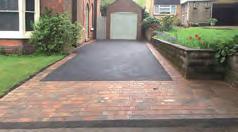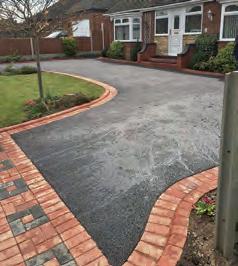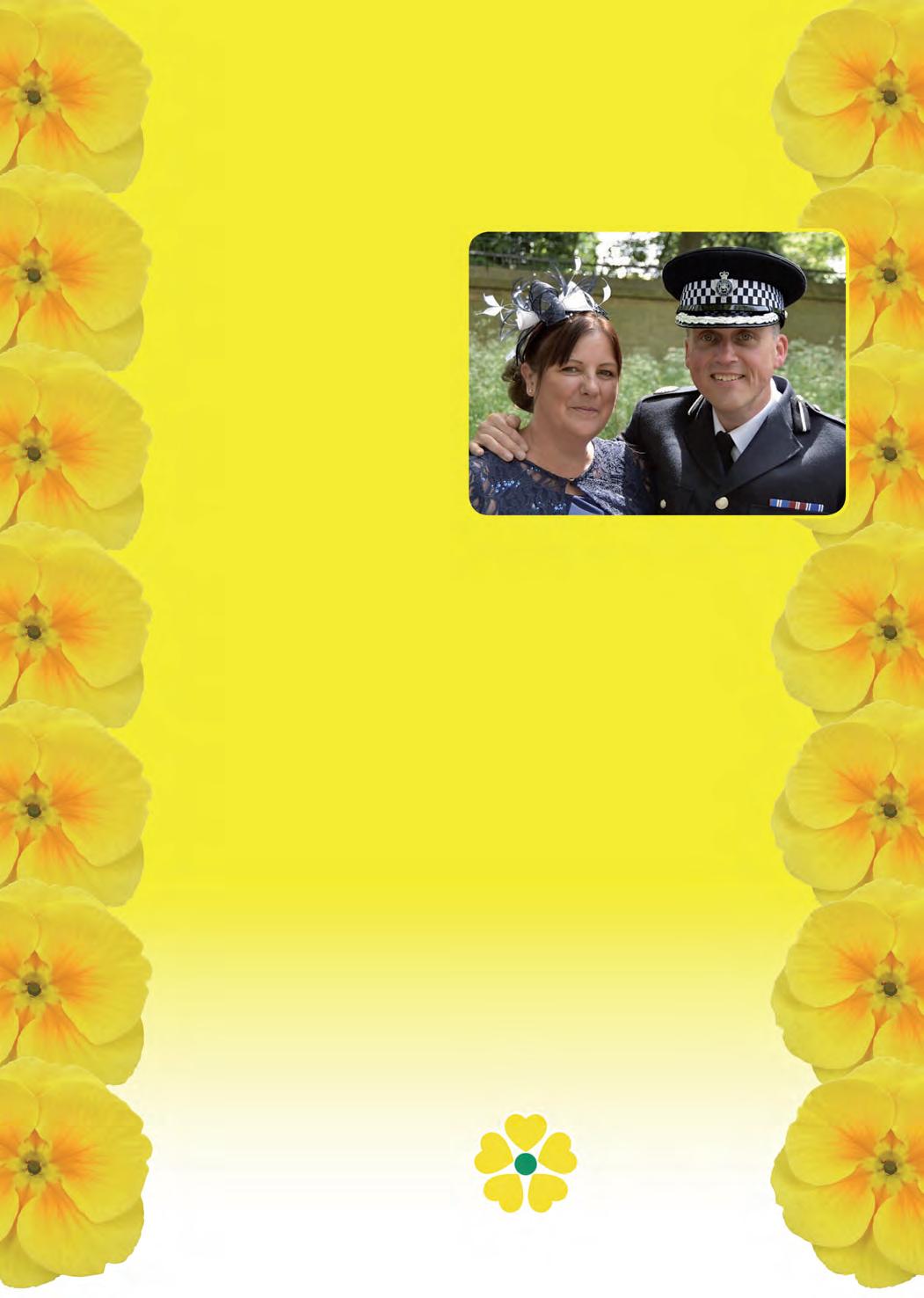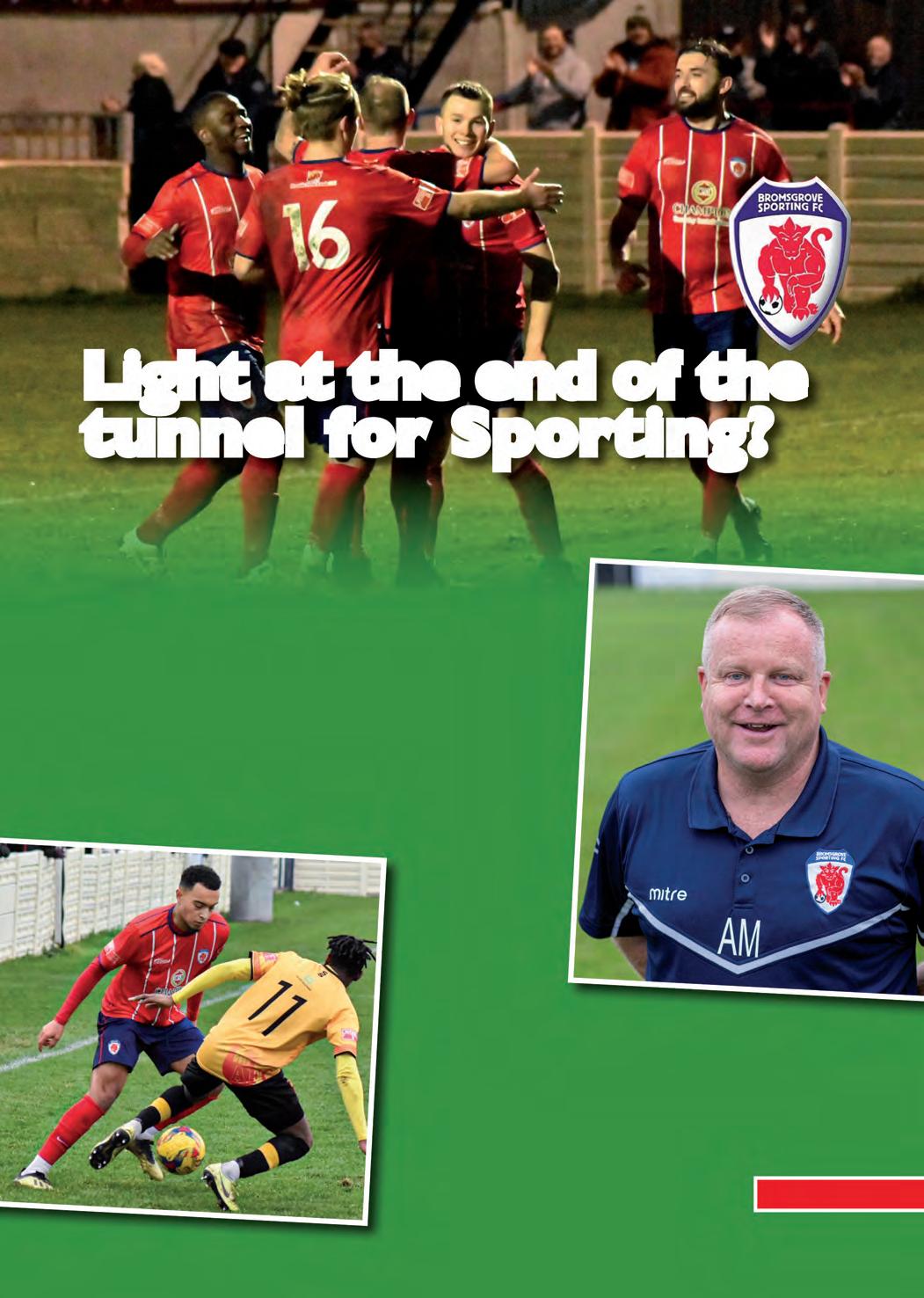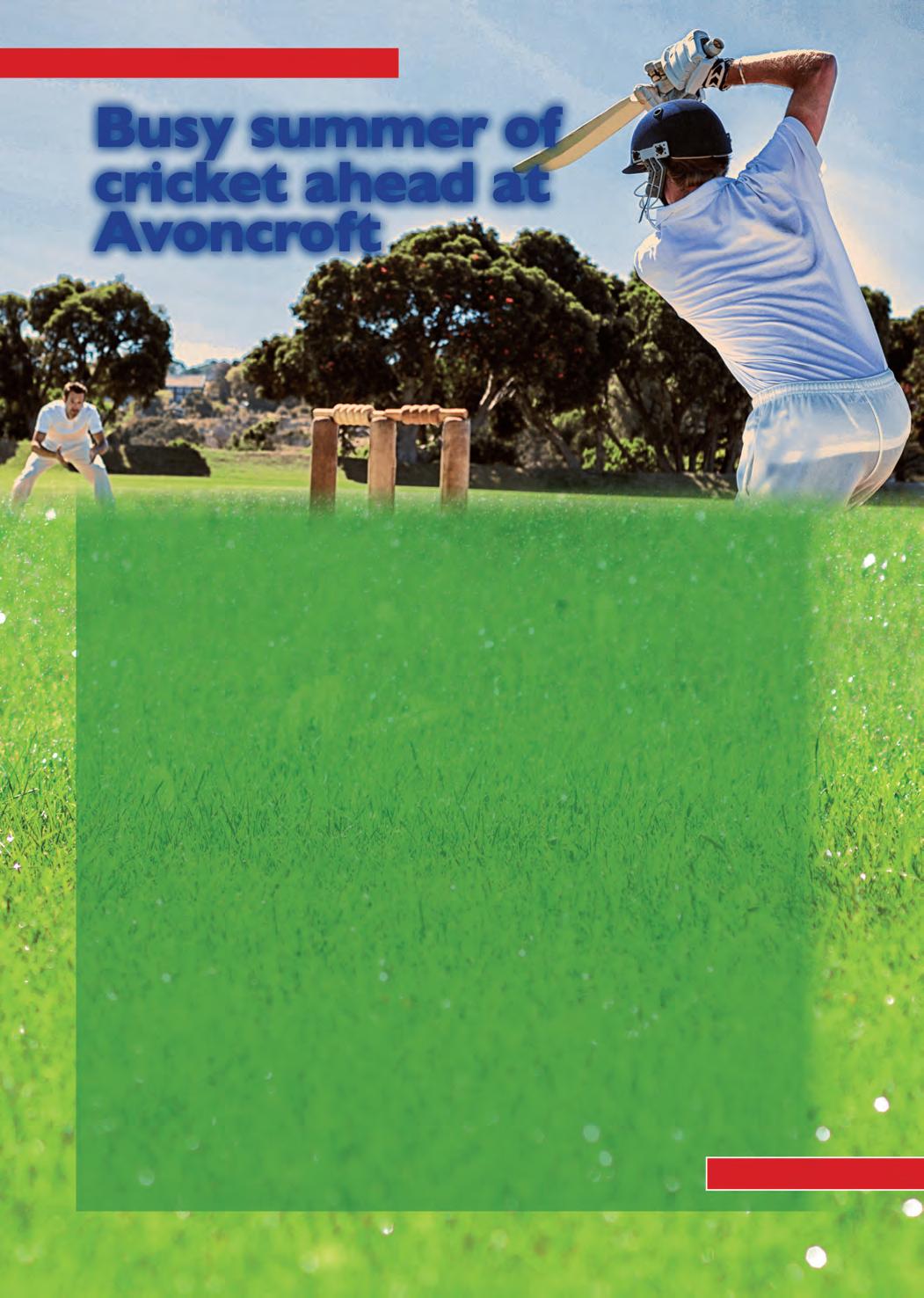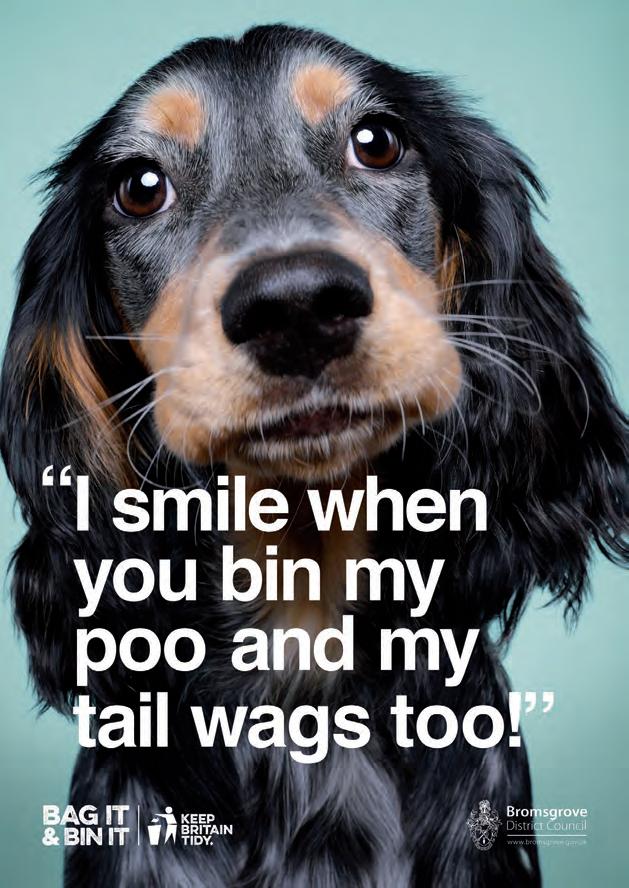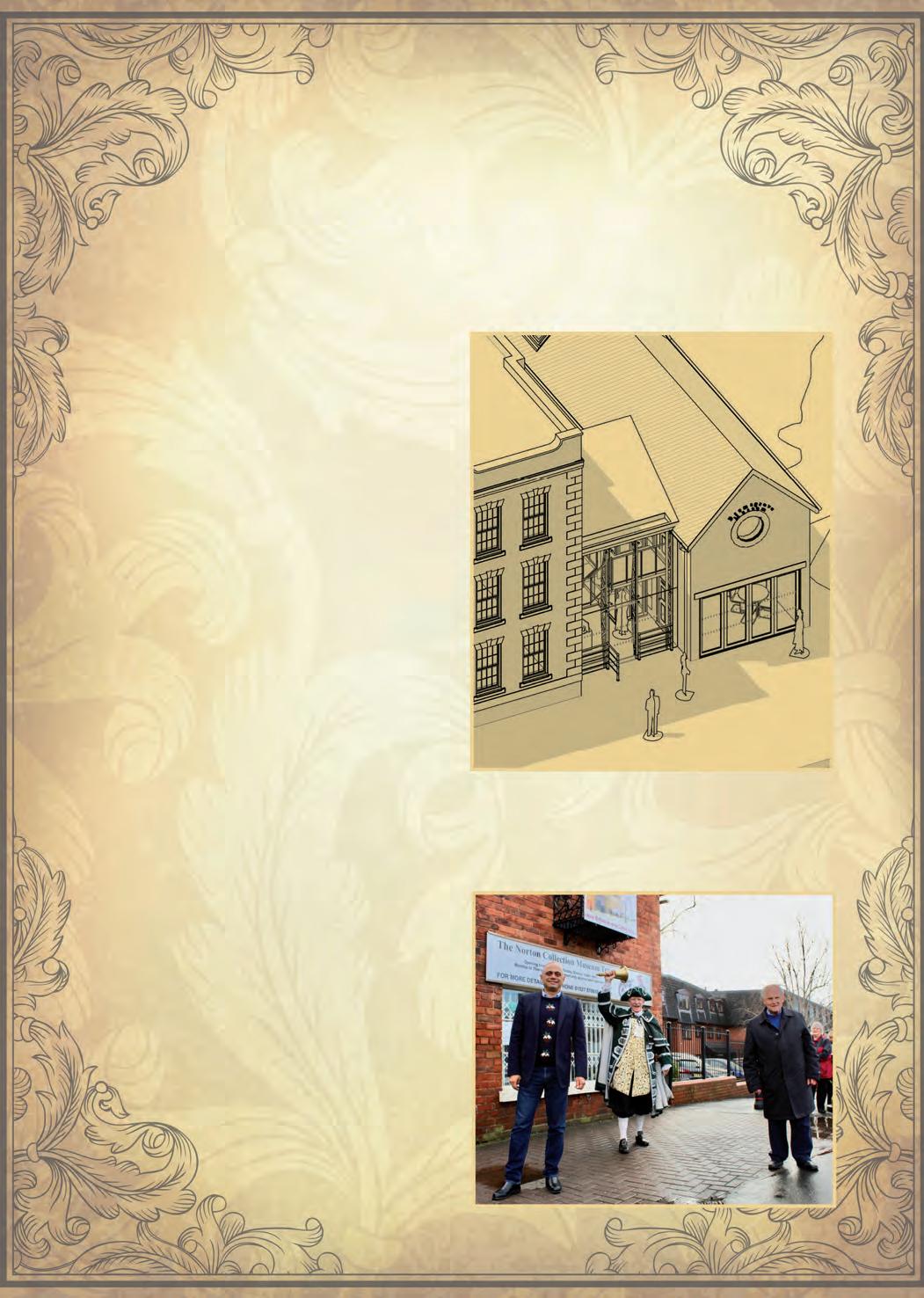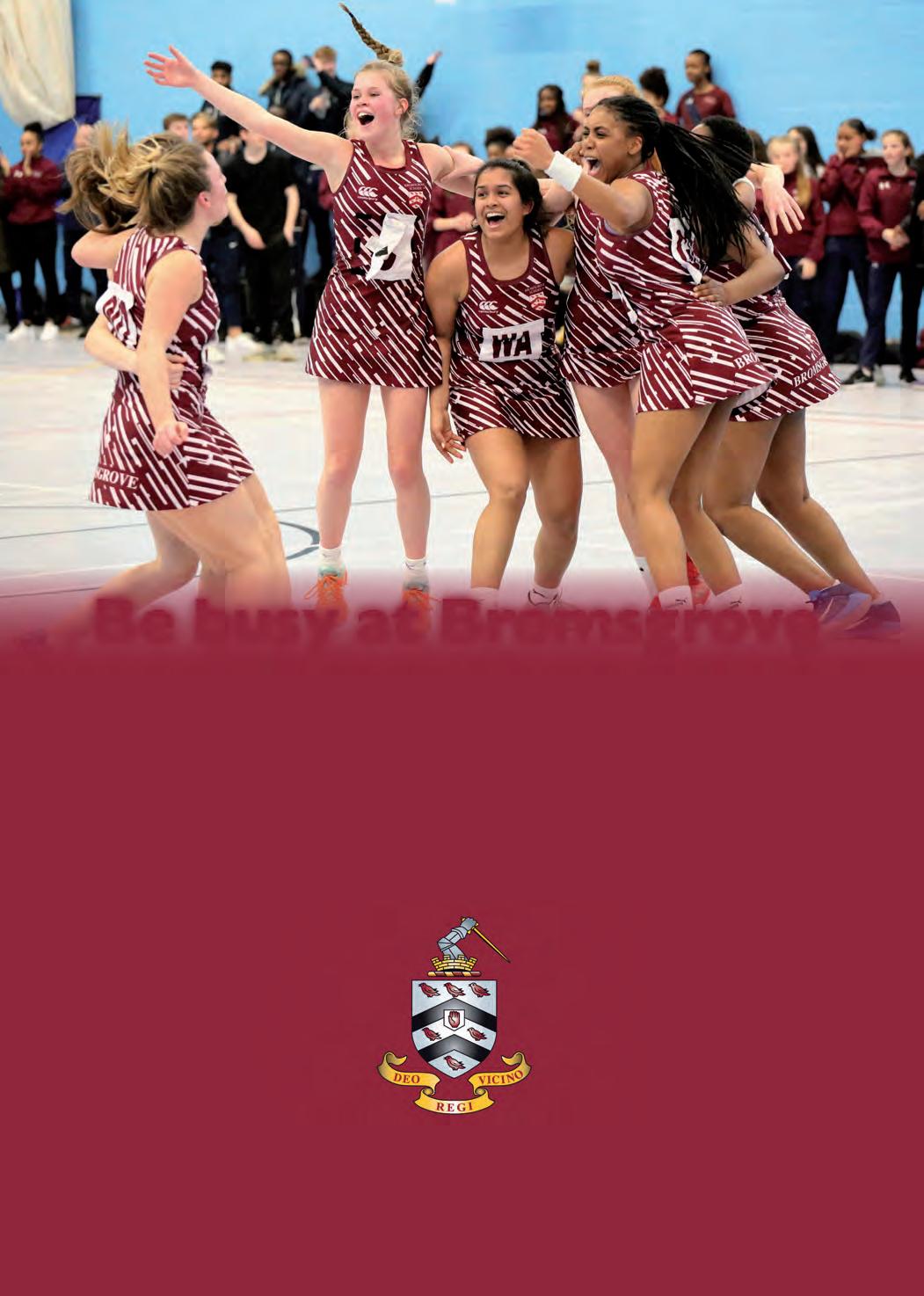
6 minute read
Composting
Discover the benefits of composting
Approximately, only 1 in 4 households composts their green waste be composted. Along with other garden waste, this could provide a material.
Advertisement
What is compost? Compost is made up of organic matter such as fruit, vegetables, leaves, twigs and grass that has broken down in the presence of air. The breakdown of the materials is carried out by mil microscopic organisms as well as ants, worms and other mini-beasts.
Why compost? Each compost bin diverts 150kg of waste a year, creating free, top quality compost at the same time. user.
Where to put the bin The perfect position for a compost bin is in partial sun and shade, not just one or the other Ideally, place your compost bin somewhere that is convenient to put materials in and take the ready compost out
How to compost The golden rule is to get the right balance of greens ( very quickly) and browns (which are carbon-rich but take longer to break down on their own). green or food waste, the contents of your compost bin could becom structure and airflow as well as helping to absorb excessive moisture
Discover the benefits of
Discover the benefits of composting composting
Approximately, only 1 in 4 households composts their green waste, yet around 40% of the average waste bin could be composted. Along with other garden waste, Approximately, only 1 in 4 households composts their green waste, yet around 40% of the average waste bin could be composted. Along with other garden waste, this could provide a garden with its own free, organic growing this could provide a garden with its own free, organic growing material. material. What is compost? Compost is made up of organic matter such as fruit, vegetables, leaves, twigs and grass that has broken down in the presence of air. The breakdown of the materials is carried out by millions of bacteria, fungi and microscopic organisms as well as ants, worms and other mini-beasts. Why compost? Each compost bin diverts 150kg of waste a year, creating free, top quality compost at the same time. user. Where to put the bin The perfect position for a compost bin is in partial sun and shade, not just one or the other Ideally, place your compost bin somewhere that is convenient to put materials in and take the ready compost out How to compost The golden rule is to get the right balance of greens (which are nitrogen-rich, moist and rot down very quickly) and browns (which are carbon-rich but take longer to break down on their own). If you add too much green or food waste, the contents of your compost bin could become slimy and smelly. Mixing browns to it provide structure and airflow as well as helping to absorb excessive moisture.
What is compost? Compost is made up of organic matter GREENS BROWNS AVOID DEFINITELY NOT such as fruit, vegetables, leaves, twigs and grass that has broken down in the presence of air. The breakdown of the materials Grass clippings Straw Meat is carried out by millions of bacteria, fungi and microscopic Plant trimmings Pine needles Fish organisms as well as ants, worms and other mini-beasts. Weed stalks and leaves Wood chips Cooked food Why compost? Each compost bin diverts 150kg of waste a year, creating free, top quality compost at the same time. (not roots or seeds) Raw fruit and veg scraps Autumn Leaves Wood prunings Bread Bones Where to put the bin The perfect position for a compost bin is in partial sun and shade, not just one or the other. Ideally, Crushed Hair eggshells Torn cardboard Sawdust Pasta Liquids (custard, gravy place your compost bin somewhere that is convenient to put Poultry manure Shredded or etc.) materials in and take the ready compost out of. Flower and plant remains scrunched paper Dairy products Paper towels Thick woody material How to compost The golden rule is to get the right balance of greens (which are nitrogen-rich, moist and rot down Egg boxes Diseased plants very quickly) and browns (which are carbon-rich but take Straw based manure Perennial weeds longer to break down on their own). If you add too much green Vegetarian pet bedding Weed seed heads or food waste, the contents of your compost bin could become Coffee grounds (loose) and tea bags (not plastic) Receipts slimy and smelly. Mixing browns to it provides structure and GREENS BROWNSairflow as well as helping to absorb excessive moisture. AVOID DEFINITELY NOT Heat and air When you add organic matter, the compost bin heats up as organisms get to work Grass clippings Straw Heat and air When you add organic matter, the compost bin Meatprocess (like egg boxes, Crisp packets scrunched up paper, browns etc.) the process can be speed Plant trimmings Pine needles heats up as organisms get to work. By adding air to the process Fish Plastic bags Weed stalks and leaves Wood chips (like egg boxes, scrunched up paper, browns etc.) the process can Cooked food Harvesting compost Any plastic When the compost is dark brown and has an earthy smell, be speeded up. (not roots or seeds) Autumn Leaves Bread Milk or juice cartons Raw fruit and veg scraps Crushed eggshells Wood prunings Torn cardboard Harvesting compost When the compost is dark brown and has an earthy smell, the composting process is complete. Bones Pasta Cling film Glass Which bin? There are many different types of compost bin or you can make your own of these bins are offered at discounted prices by Worcestershire Which bin? Hair Sawdust There are many different types of compost bin Liquids (custard, gravy Metal composting can be found on the council’s website and the Garden Organic website. Poultry manure Shredded or etc.) Cat and dog poo or you can make your own ‘wooden modular’ bin. Some of these Content taken from the Garden Organic website and Let’s Waste Flower and plant remains scrunched paper bins are offered at discounted prices by Worcestershire County Dairy products Nappies Paper towels Thick woody material Coke and ashCouncil. Further information about composting can be found on Elisabeth Johnston – Let’s Waste Less in Worcestershire Volunteer Egg boxes the council’s website and the Garden Organic website. Diseased plants Straw based manure Content taken from the Garden Organic website and Let’s Perennial weeds Vegetarian pet beddingWaste Less materials. Weed seed heads Coffee grounds (loose) and tea bags (not plastic)Elisabeth Johnston: lil.harris@hotmail.co.uk Receipts
Do you need your grass cutting?

DONE Mowing Services
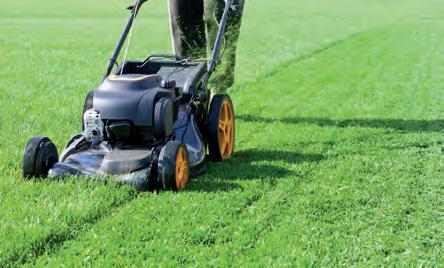
Your Mowing DONE For You!
We have been providing a grass cutting service in the local area for the past 32 years!
COMPETITIVE PRICES -
ANY LENGTH OR SIZED GARDEN
Fully Insured
FOR A FREE QUOTE FROM A
LOCAL COMPANY CALL PAUL IN BROMSGROVE on 07775 518277 Call Andy : 01527 962972 or 07795 958245
email: info@weatherguardservices.co.uk www.weatherguardservices.co.uk
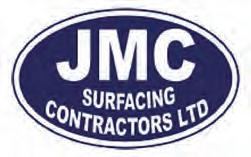
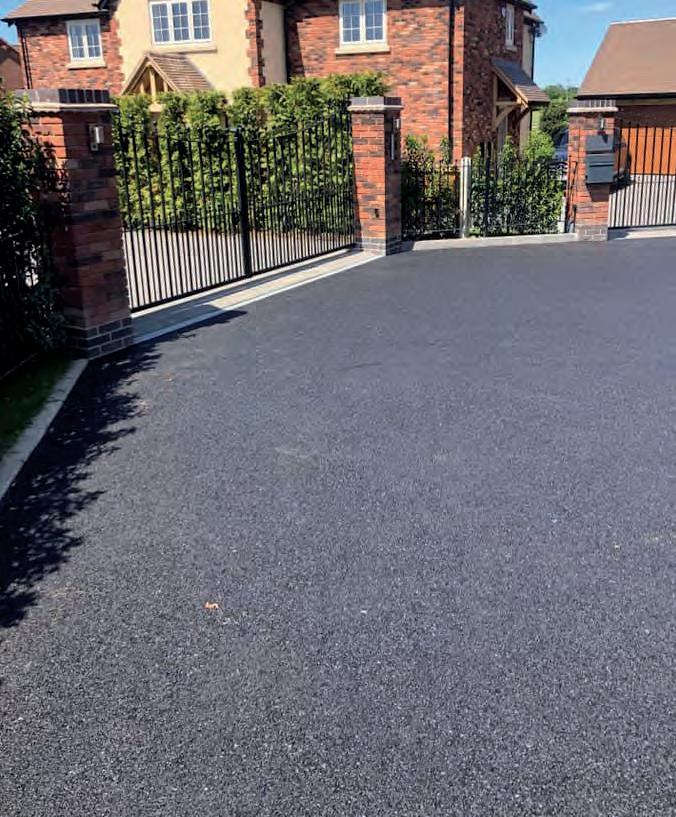
JMC Surfacing have been professional tarmac contractors in Redditch, covering the Midlands and nationwide for more than 30 years. Our contracts include industrial, domestic and commercial tarmac surfacing.
We are fully insured and our full range of services cover all surfacing projects including driveways, highways, car parks, playgrounds, forecourts and pathways. As a leading tarmac surfacing contractor in the Midlands, JMC Surfacing offer a fully insured and guaranteed service using a mix of traditional hand laying techniques and the latest machine technology.
If you would like more information on our services or would like a FREE no obligation quote, please contact us: 01527 510052 | info@jmcsurfacing.co.uk
